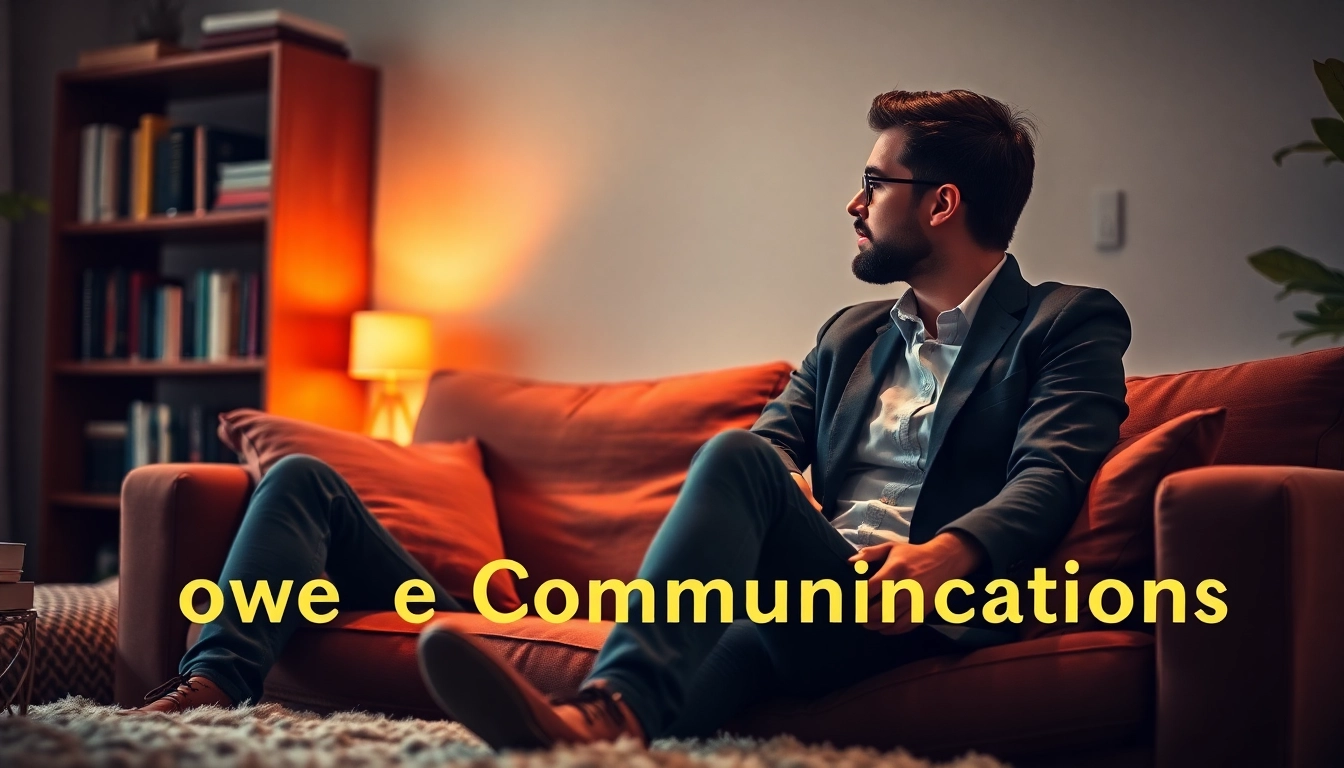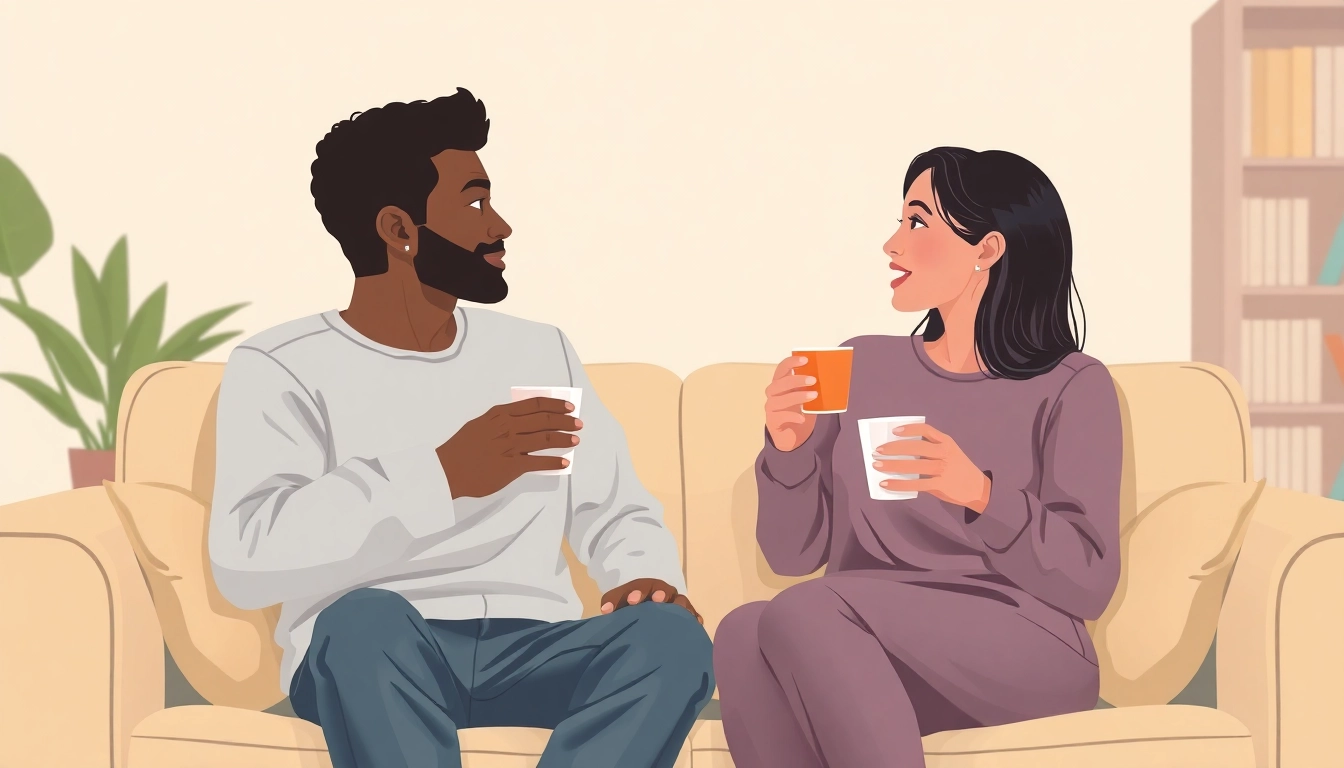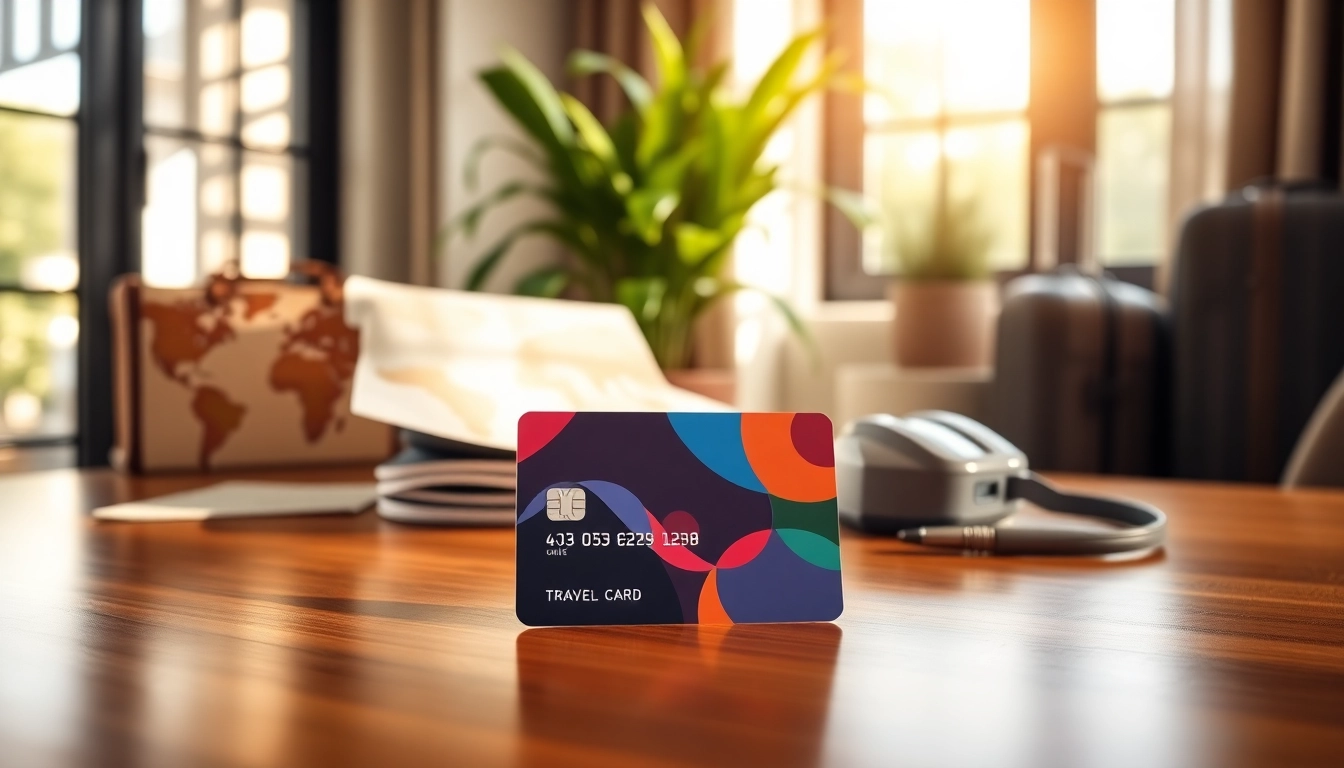Understanding the Importance of Communication in Relationships
At the heart of any successful relationship lies effective communication. Whether it’s a romantic partnership, a friendship, or a family bond, the way we convey our thoughts, feelings, and needs significantly impacts the quality and longevity of those relationships. Poor communication can lead to misunderstandings, resentment, and ultimately, the deterioration of the connection between individuals. Conversely, nurturing communication skills can foster understanding, empathy, and deeper emotional ties. Thus, mastering communication in relationships becomes essential for lasting bonds.
Why Communication Matters
Communication serves as the foundation of human interaction. In relationships, it facilitates the expression of thoughts, feelings, needs, and desires. A lack of communication can result in confusion and frustration, pushing partners apart. In fact, studies consistently illustrate that effective communication is a strong predictor of relationship satisfaction. According to research published in the PubMed Central, couples who engage in open and honest dialogue are more likely to have their needs met and experience greater overall happiness.
Common Obstacles to Effective Communication
Despite its importance, many people struggle with effective communication in relationships. Common obstacles include:
- Assumptions: This occurs when one partner assumes they understand the other’s feelings or needs without explicit discussion.
- Defensiveness: When one partner perceives feedback as personal criticism, it can lead to withdrawal or aggressive responses.
- Emotional barriers: Feelings of fear, anxiety, or past trauma can significantly hinder the ability to communicate freely.
Recognizing these obstacles is the first step in overcoming them.
Building a Foundation of Trust
Trust is a crucial element in effective communication. When partners trust each other, they feel safe expressing themselves authentically. Steps to building trust include:
- Consistency: Be reliable in words and actions.
- Vulnerability: Share your insecurities and fears.
- Transparency: Be open about your feelings and intentions.
Fostering trust can enhance communication, creating a safe space for open dialogue.
Types of Communication in Relationships
Verbal and Nonverbal Communication
Communication encompasses both verbal and nonverbal elements. Verbal communication refers to the actual words spoken, while nonverbal communication includes body language, tone, eye contact, and facial expressions. Both aspects play a vital role in conveying messages effectively. Misinterpretations often arise when verbal and nonverbal cues do not align; for instance, a sarcastic tone can undermine a compliment. It is essential for partners to align their messages and ensure clarity.
The Role of Active Listening
Active listening is an indispensable skill in effective communication. It involves not just hearing the words but understanding the underlying emotions and intentions. Key components of active listening include:
- Paying Full Attention: Avoid distractions and focus completely on the speaker.
- Reflecting Back: Paraphrase what the other person has said to confirm understanding.
- Asking Questions: Encourage further elaboration to show genuine interest.
Practicing active listening can bridge gaps between partners, fostering deeper connections.
Using Feedback Effectively
Feedback is a vital part of communication, allowing partners to express their feelings and observations. To use feedback effectively:
- Be Specific: Focus on particular behaviors rather than generalizations.
- Stay Calm: Approach sensitive topics in a calm and collected manner.
- Encourage Discussion: Open the floor for dialogue rather than just giving a monologue.
Effective feedback fosters a culture of improvement and understanding in a relationship.
Techniques for Improving Communication in Relationships
Strategies for Open Dialogue
To encourage open dialogue, partners can implement several strategies. Some effective techniques include:
- Regular Check-ins: Schedule time to discuss feelings, concerns, and experiences. This routine creates a safe space for open communication.
- Utilize “I” Statements: Frame complaints or concerns with “I feel” statements to take ownership of feelings and minimize defensiveness.
- Practice Patience: Allow each other time to process and articulate thoughts without rushed responses.
By prioritizing open dialogue, couples can enhance understanding and emotional connection.
Conflict Resolution through Communication
Conflicts are a natural part of any relationship; how partners navigate these disagreements can determine the strength of their bond. Strategies for effective conflict resolution include:
- Stay Focused on the Issue: Avoid unrelated grievances to keep discussions productive.
- Take Breaks: If emotions escalate, take a break to cool off before revisiting the conversation.
- Collaborative Solutions: Encourage brainstorming together to find mutually acceptable solutions.
Approaching conflict with a cooperative mindset can lead to growth rather than resentment.
Practicing Empathy and Understanding
Empathy is crucial in effective communication. It involves recognizing and valuing your partner’s feelings and perspectives. To practice empathy:
- Validate Feelings: Acknowledge your partner’s feelings, even if you don’t fully understand or agree with them.
- Practice Perspective-Taking: Try to view situations from your partner’s perspective to promote understanding.
- Be Compassionate: Respond with kindness and care, reinforcing emotional safety.
Empathy strengthens emotional connections and helps partners navigate sensitive conversations with grace.
Signs of Healthy Communication in Relationships
Recognizing Positive Communication Patterns
Healthy communication manifests itself in various positive patterns, including:
- Open Exchanges: Partners feel safe to express their thoughts and emotions freely.
- Respectful Listening: Both parties value each other’s perspectives, prompting mutual respect.
- Constructive Feedback: Feedback is shared with the intention of growth and support rather than criticism.
Identifying these patterns can highlight a relationship’s strengths and sharpen areas for improvement.
Indicators of Relationship Satisfaction
Relationship satisfaction often correlates with communication quality. Key indicators include:
- Emotional Intimacy: Partners feel connected and emotionally safe with one another.
- Conflict Resolution: Couples can navigate disagreements constructively.
- Mutual Support: Partners consistently support each other through challenges.
Monitoring these indicators can help partners assess their communication effectiveness.
How to Encourage Healthy Conversations
Fostering a culture of healthy conversation can be achieved through various tactics, including:
- Create Safe Spaces: Encourage dialogue in comfortable environments free from distractions.
- Set Ground Rules: Establish boundaries regarding language and behaviors during discussions.
- Celebrate Successes: Acknowledge progress made in communication to reinforce positive behavior.
Encouraging healthy conversations builds rapport and enriches the relationship dynamics.
Resources for Enhancing Communication Skills
Books and Articles on Relationship Communication
Education plays a crucial role in mastering communication skills. Some recommended books and articles include:
- Nonviolent Communication by Marshall B. Rosenberg – A seminal work on communicating needs and feelings.
- The Seven Principles for Making Marriage Work by John Gottman – Insights into nurturing strong romantic partnerships.
- Online articles from reputable psychology websites often provide practical tips on enhancing communication skills.
These resources offer valuable strategies to enhance communication in relationships.
Workshops and Counseling Options
Many couples find that attending workshops or engaging in counseling can provide valuable tools for improving communication. Therapy allows partners to address underlying issues while learning effective communication techniques. Workshops often focus on interactive activities to practice skills in real-time, enhancing retention and practical use.
Online Resources and Communities
Online platforms such as forums, blogs, and social media groups can be excellent resources for learning about communication in relationships. Engaging with others facing similar challenges can provide support and diverse perspectives. Websites dedicated to relationship advice often feature articles, videos, and expert advice to aid couples in enhancing their communication.












Leave a Reply